Industry
The period of transition into the twentieth century was a good time for the sugar business in Spain. Five of the about fifty sugar factories created in Spain at the time were established in Asturias, Pravia being the largest of them. This impressive building only served as factory for two years, as it closed down in 1903.
The loss of the last overseas Spanish territories in 1898 caused the return home of large fortunes, although some business still went on over there. This fact, coupled with higher duties and an increase in prices helped boost national production as well as the creation of sugar factories in the peninsula. With a few exceptions, this sugar was obtained from beet, not cane.
Five factories were established in Asturias, the largest of which was Pravia, to the degree that it offered train access. All five were equipped with modern machinery supplied by the German company BMA, which specialized in equipment for sugar factories. Thus, 350 tons of sugar beet were processed daily, grown nearby and also in the valleys of Candamo, Belmonte and Salas. Also, the fact that the plant was connected to the Basque-Asturian Railway allowed shipping from San Esteban Port. And yet, such solid foundations were not enough to counterbalance adverse circumstances such as a small direct market, high production costs and a large competition – close to sixty sugar factories had opened in Spain in the same period. All this led to its closing down after the 1902-1903 harvest, having lasted for only two years.
The imposing building remained in the outskirts of the town like a moored transatlantic, with its 45-metre-tall stack. Renovation work began in 2010, but it hasn’t been completed and it certainly is not too respectful to the original.
In spite of the sad history of Asturian sugar production, beet became a part of the region’s market economy along with other established agricultural products such as apples, apple cider, milk and hazelnuts, the profits from which contributed to the modernization, improvement and prosperity of the countryside.

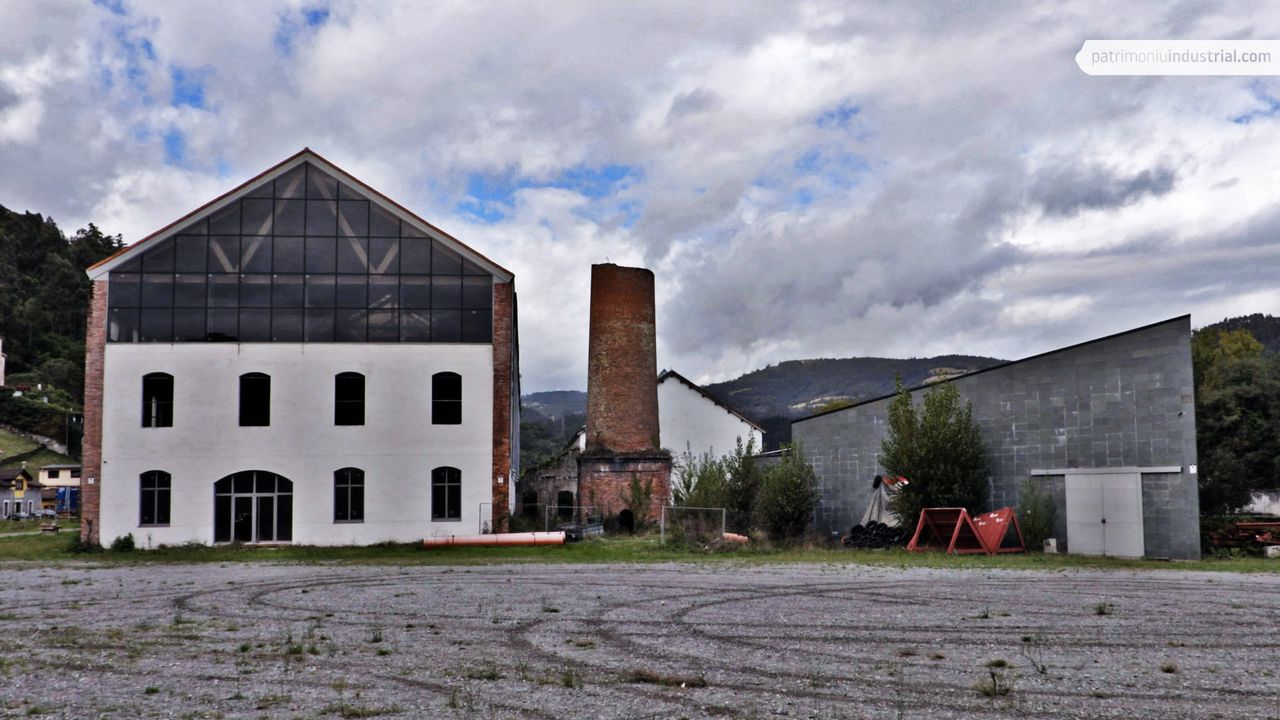
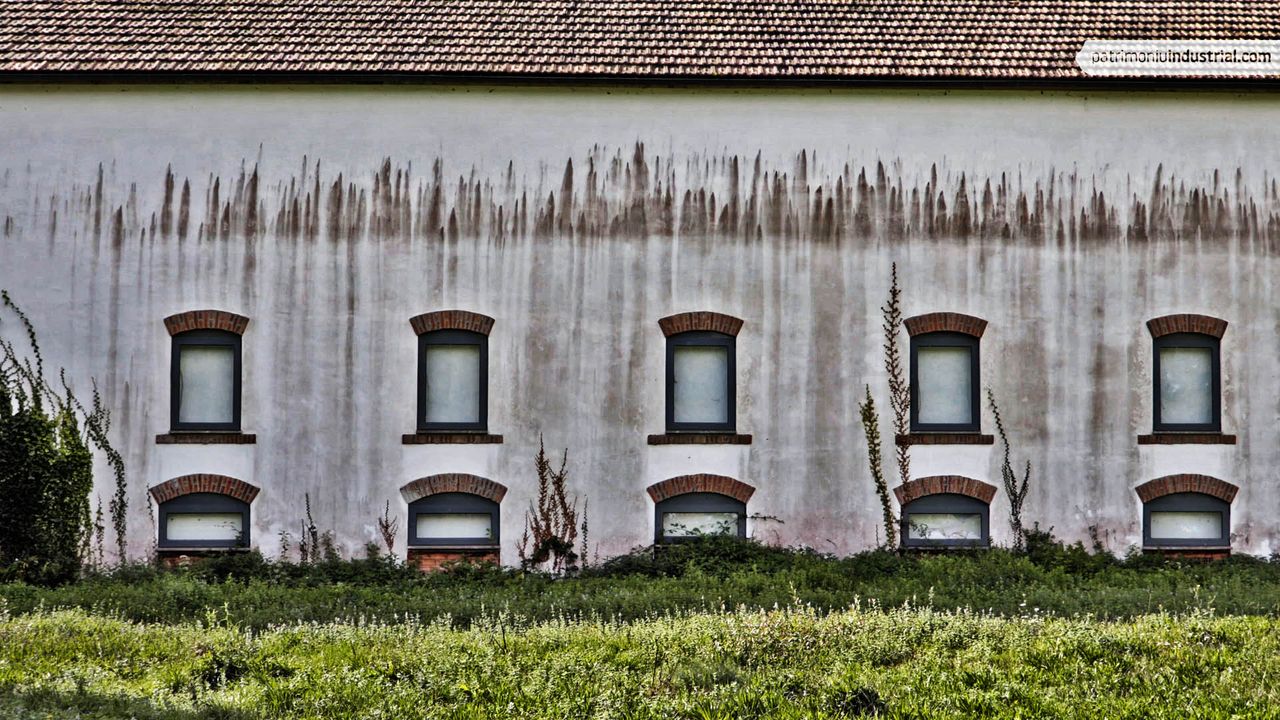
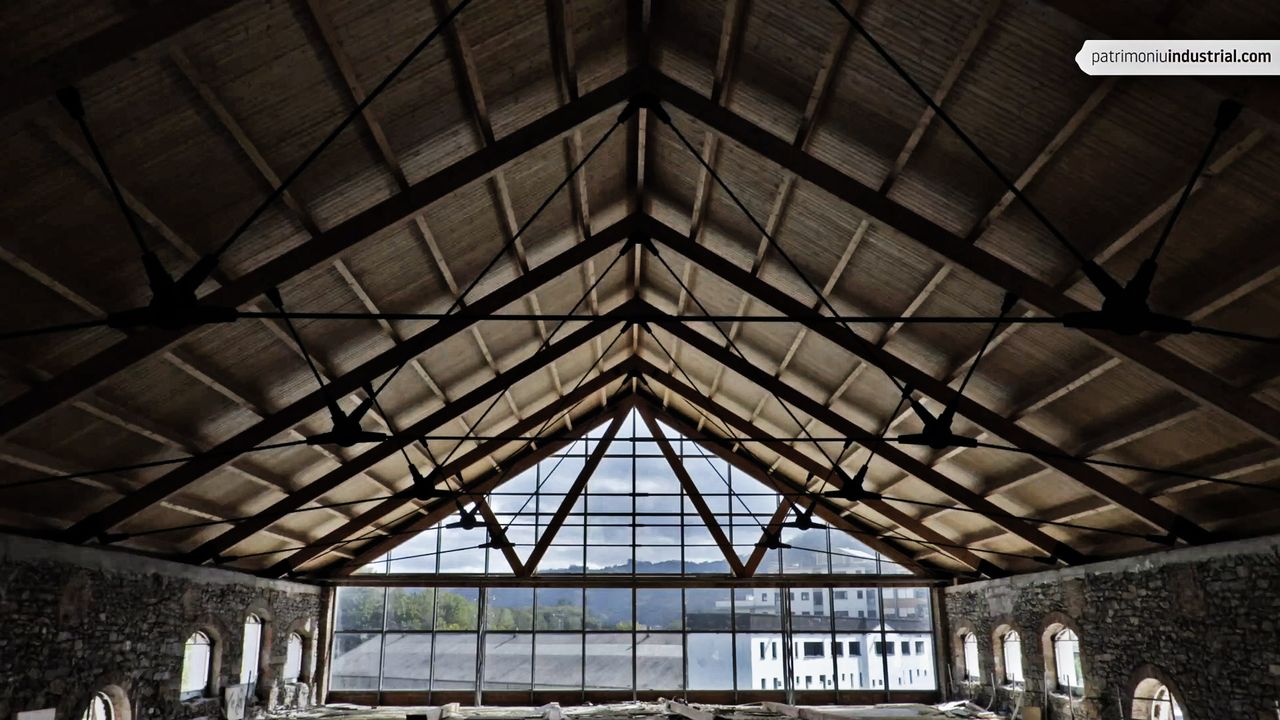

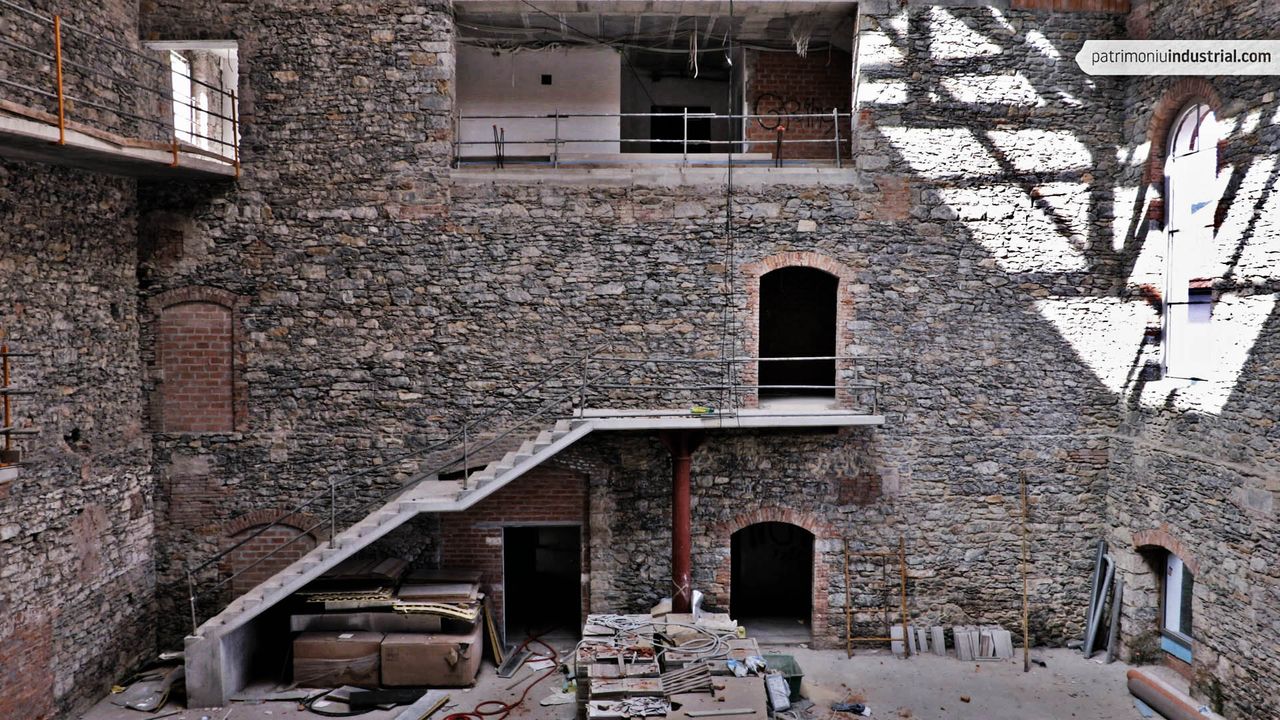
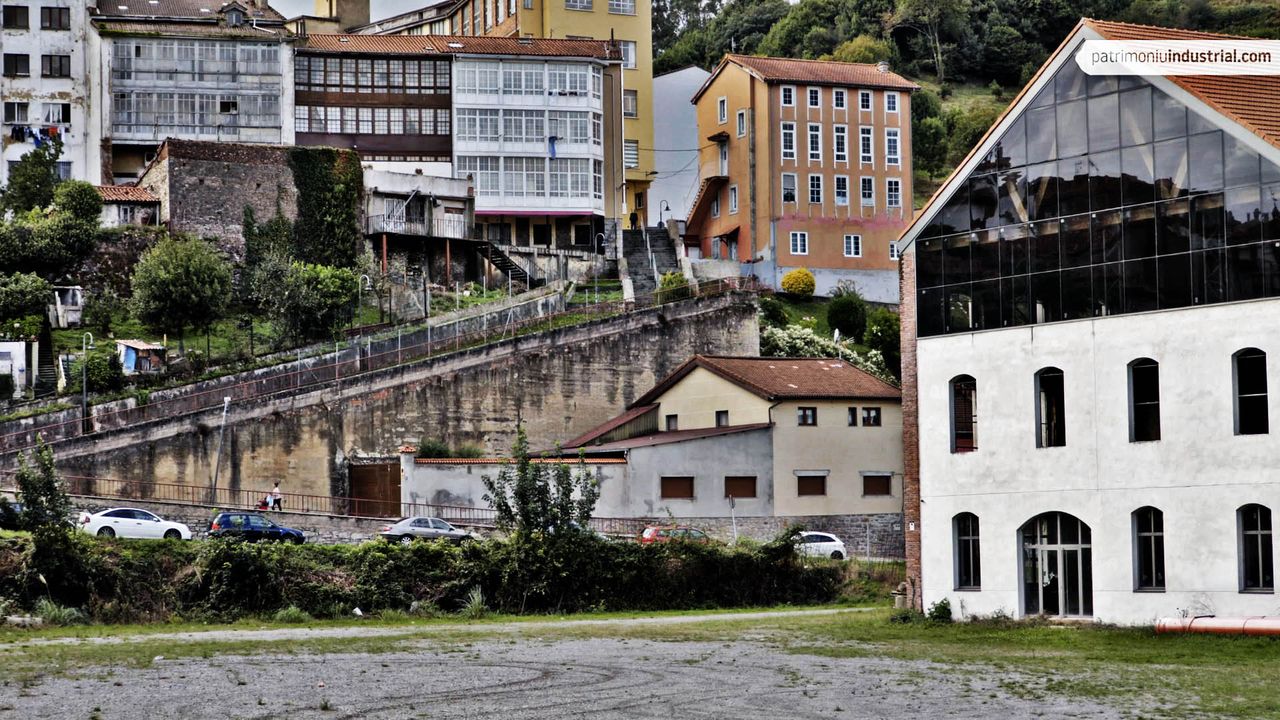
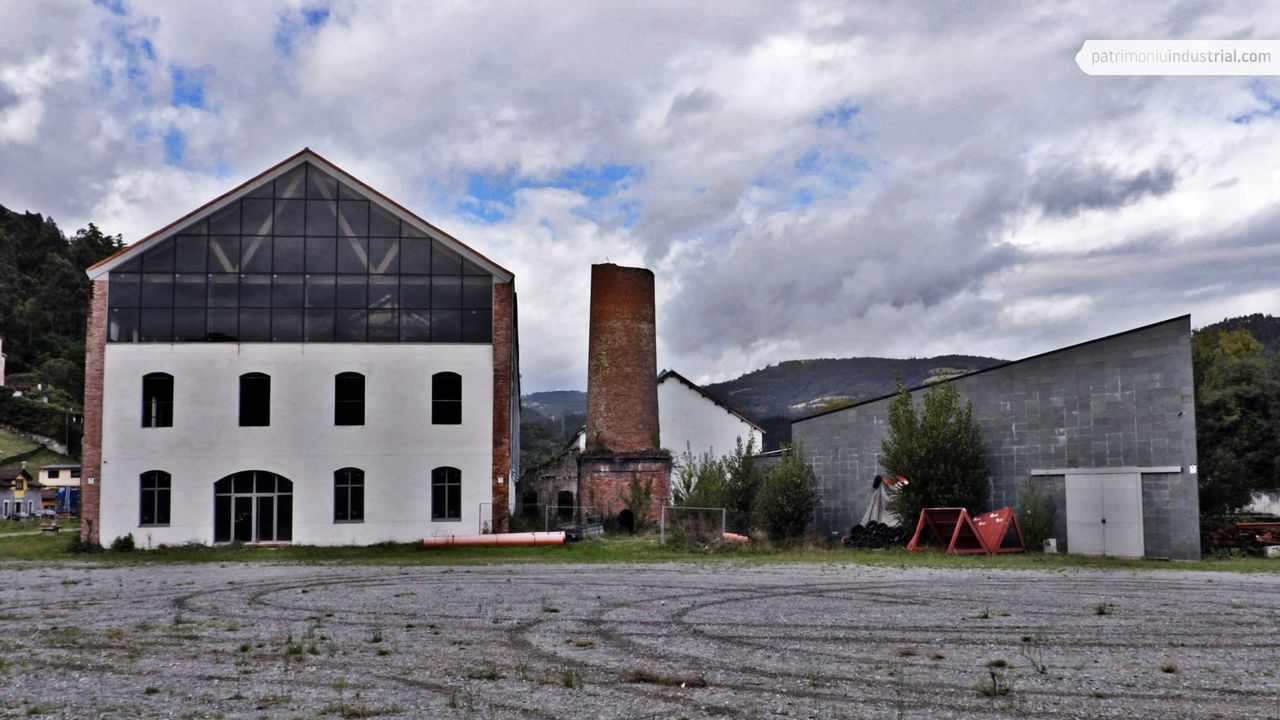

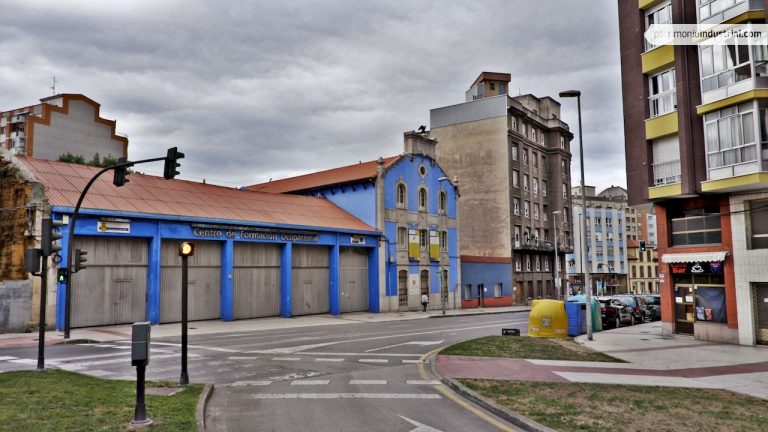
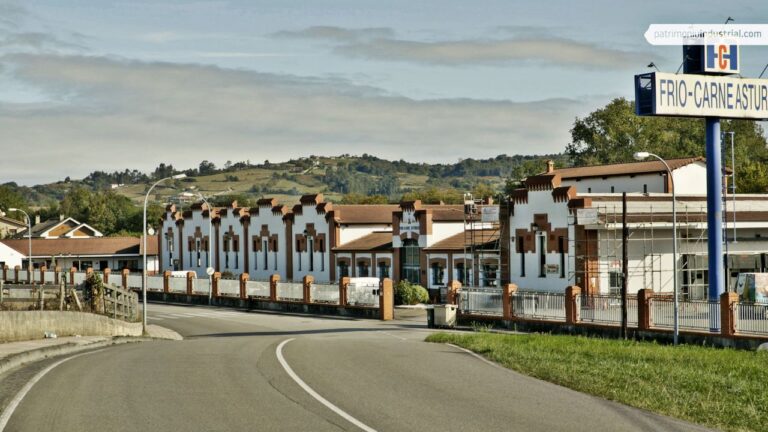

Recent Comments